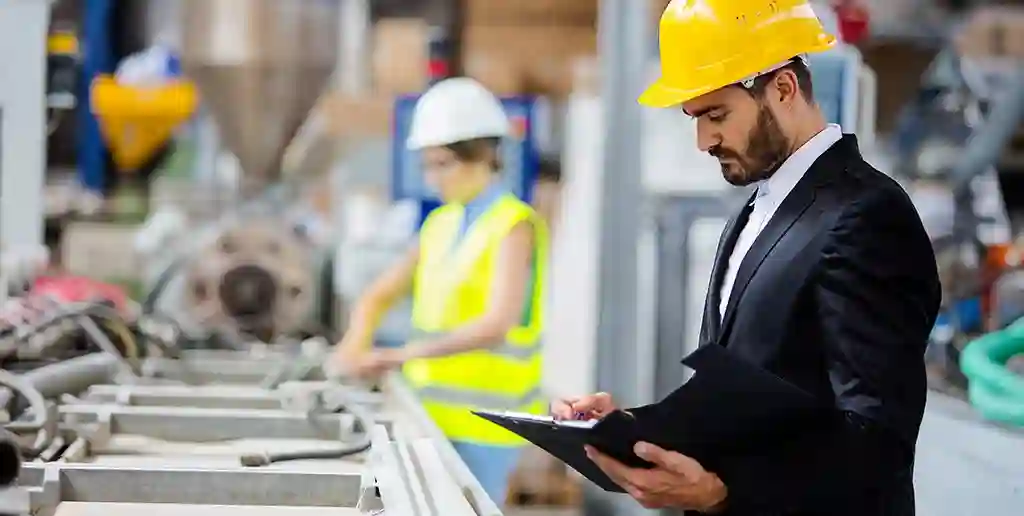A good facility manager will focus on preventive maintenance, extending the life cycle of assets and systems. This will save money by avoiding costly emergency repairs and by keeping staff productive.
Organisation and coordination are crucial functions of facilities management. This includes organising meetings, ensuring coffee machines are working and managing the help desk to receive, prioritise and resolve issues.
Maintenance
Good maintenance work makes the workplace more efficient. It also increases the life cycle of equipment and assets, cutting down costs for the company as a result. Keeping up with the facility’s needs also motivates employees and keeps their morale high, which reduces sick days and boosts productivity.
Developing new processes is another area of responsibility for facility managers. This involves creating a standard SOP for the organisation to follow. It could involve anything from identifying governance areas to handling unexpected situations. This requires a lot of coordination with different departments, employees, assets, fixtures and spaces. A good facility management software will simplify and streamline these tasks. It will allow you to manage work orders across multiple locations, track expenditure and contractor performance, and connect with third-party systems for a smooth integration.
Cleaning
Cleaning and hygienic maintenance is one of the most important facility management activities. It keeps people safe, makes them feel comfortable and improves performance. It also helps to protect brand image by ensuring that customers are served in clean and tidy environments.
Cleaning means using soap and water to reduce germs on surfaces. Facilities management professionals should also sanitize, which means leaving disinfectants on surfaces for a period of time to kill germs. This is a requirement for facilities that serve food and must meet public health standards.
Facilities managers should look for eco-friendly products that are safer for employees and the environment than traditional cleaning chemicals. They should avoid using paper products that are made from virgin wood fiber and contribute to deforestation and climate change.
Space Planning
Space management is a large part of professional facility management. This includes every tangible asset that supports an organization. This can include everything from real estate property to buildings, technical infrastructure, transportation, lighting, furniture and more.
Every square foot of a building comes with a cost, and facilities managers are responsible for maximizing the use of their resources. This can be done by rearranging furniture, deploying remote work tools or using analytics to identify under-utilized spaces.
It’s also crucial that facilities managers can plan and coordinate services across the business. This could be anything from ensuring that coffee machines are working to providing disaster recovery plans for the office. They are also responsible for delivering critical planning data to the C-suite. This can help them make informed decisions about the future of the workplace and employee experience.
Business Continuity
A key component of facility management is establishing and testing business continuity plans. This helps to mitigate risk by clearly communicating to employees how the company will function in the event of a disruption.
Facility managers are often involved in long-term strategic planning for the organization’s facilities development and expansion. This includes assessing space requirements, conducting feasibility studies, and making recommendations for future facility options.
The ability to manage these processes and provide accurate reporting and analytics is where facilities management truly shines. Accurate floor plans and building data is essential for emergency planning, ensuring that local fire or police personnel have the information they need to re-enter a facility in a disaster. These details also support more soft services, such as the ability to communicate with teams in remote locations, enabling them to stay productive and safe regardless of location.
Organisation
As with any job, it’s important for facility managers to be organised. They handle a wide range of tasks from handling on-site emergencies to arranging a schedule for maintenance and creating detailed lists of equipment.
Effective organisation will improve productivity by allowing staff to find what they need quickly and reduce time spent hunting for materials. It will also help prevent issues like running out of paper rolls in the restrooms or a broken piece of machinery that can hold up production.
Additionally, facility management helps to keep the company’s reputation by ensuring that hygiene standards are met. This helps employees feel proud about their workplace and encourages them to be more productive. It will also lower sick days and increase employee morale. This will help to drive success for the organization as a whole.


